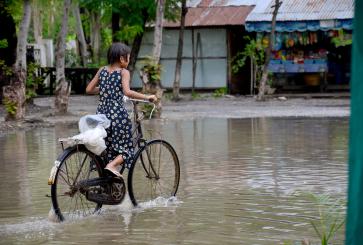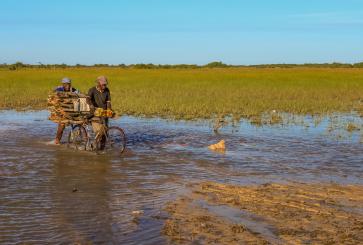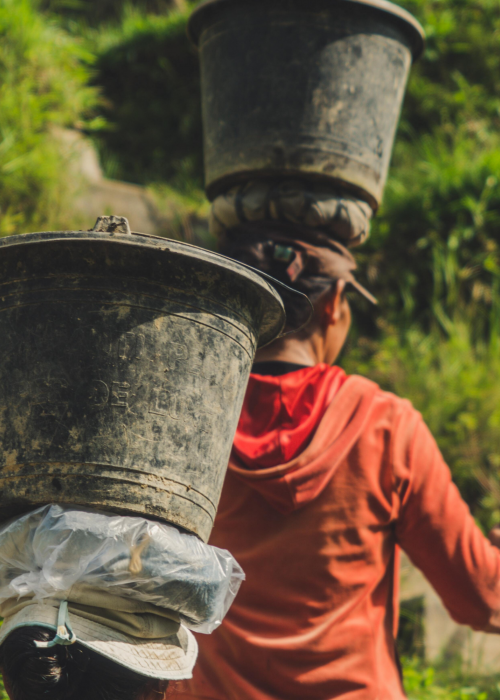
Achieving Equitable Development
WRI works to empower people and strengthen policies, institutions and governments to build an equitable, resilient and sustainable future for all.
Our Challenge
Communities around the world are grappling with environmental injustices. Indigenous Peoples are losing forests that have sustained their way of life for generations. City residents don’t know if their water is safe to drink. And farmers are struggling to protect their crops from an onslaught of climate impacts — droughts, floods, fires and rising seas — that they had little hand in creating.
These communities are disproportionately affected by environmental issues, yet they’re frequently left out of the decisions that impact their lives and the natural resources on which they depend. While some governments are trying to tackle these challenges, many lack the knowledge, capacity or funds to advance just solutions.
of the world's land is held by Indigenous Peoples and other local communities
people die from air pollution-caused diseases every year
countries include the right to a healthy environment in their constitutions
Pollution costs the world’s economies more than $4.9 trillion annually
Our Approach
WRI’s Center for Equitable Development works with governments, the private sector, civil society and citizens to address issues that matter most to vulnerable communities. We focus on social and financial equity, poverty, adaptation to climate change, environmental rights, pollution and responsive government.
We start with analyses of voice, power and vulnerability in environmental decision-making. Who suffers and who benefits when governments act? Who has a seat at the table, and who is left out? What do citizens need to shape policy?
We identify critical steps global leaders must take to ensure inclusivity, transparency and accountability. We build citizens’ capacity to engage in the environmental decisions that impact their lives and ensure more just, sustainable outcomes. And we mobilize civil society networks that drive bottom-up change and secure better futures for communities around the world.
Photo Credit: Paolo Nicolello/Unsplash
The Center for Equitable Development supports Environmental Rights and Indigenous Peoples and Local Communities.
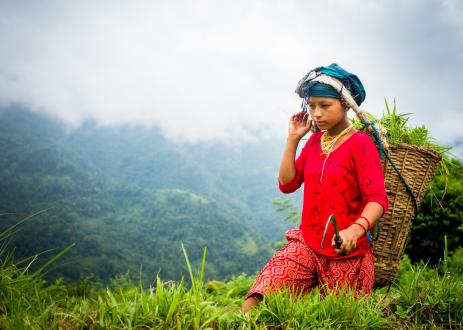
Environmental Rights
Protecting people and the planet by strengthening natural resource rights and ensuring that everyone, everywhere, has the information, voice and power to shape environmental decision-making.
Part of Equity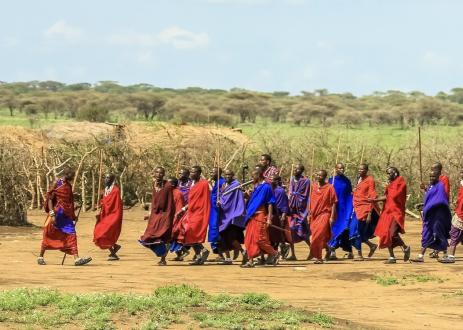
Indigenous Peoples and Local Communities
Helping communities protect their lands and the many benefits they provide
Part of Equity
The Center for Equitable Development focuses on a number of specific initiatives, including projects on Energy Access, Climate Governance, Environmental Rights, Gender, and Climate Resilience. Explore all projects in depth.
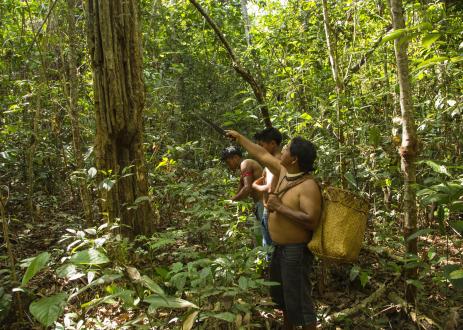
LandMark
LandMark is a global data platform of Indigenous and community lands to help communities protect their land rights and secure tenure.
Part of Environmental Rights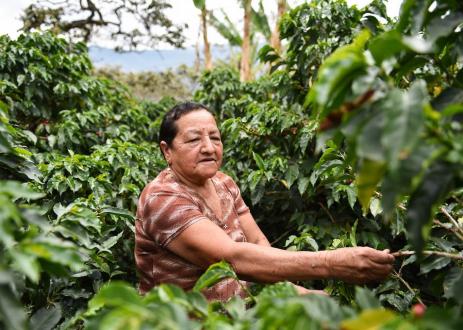
Climate Resilient and Transformative Adaptation for Agriculture
WRI aims to help small-scale agricultural producers in low- and middle-income countries build resilience to climate change through research, analysis, advocacy and stakeholder engagement.
Part of Climate Resilience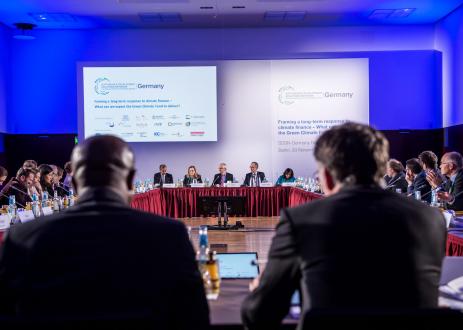
Adaptation Finance and Investment
WRI aims to make climate risks more visible and actionable for governments, the financial sector and private industry to catalyze adaptation investments.
Part of Equity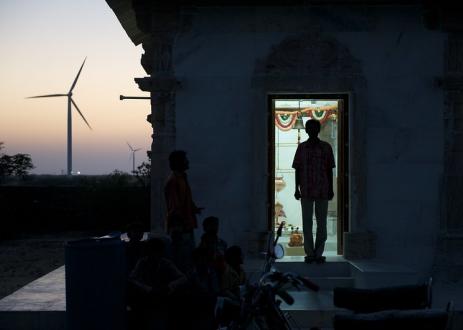
Energy Access Explorer
A mapping platform that provides data and tools to advance affordable, reliable and modern energy for all people.
Part of Energy
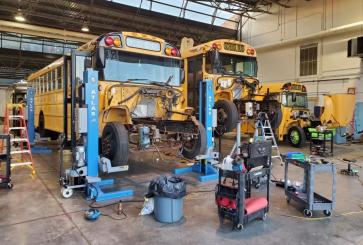
7667.jpg)
